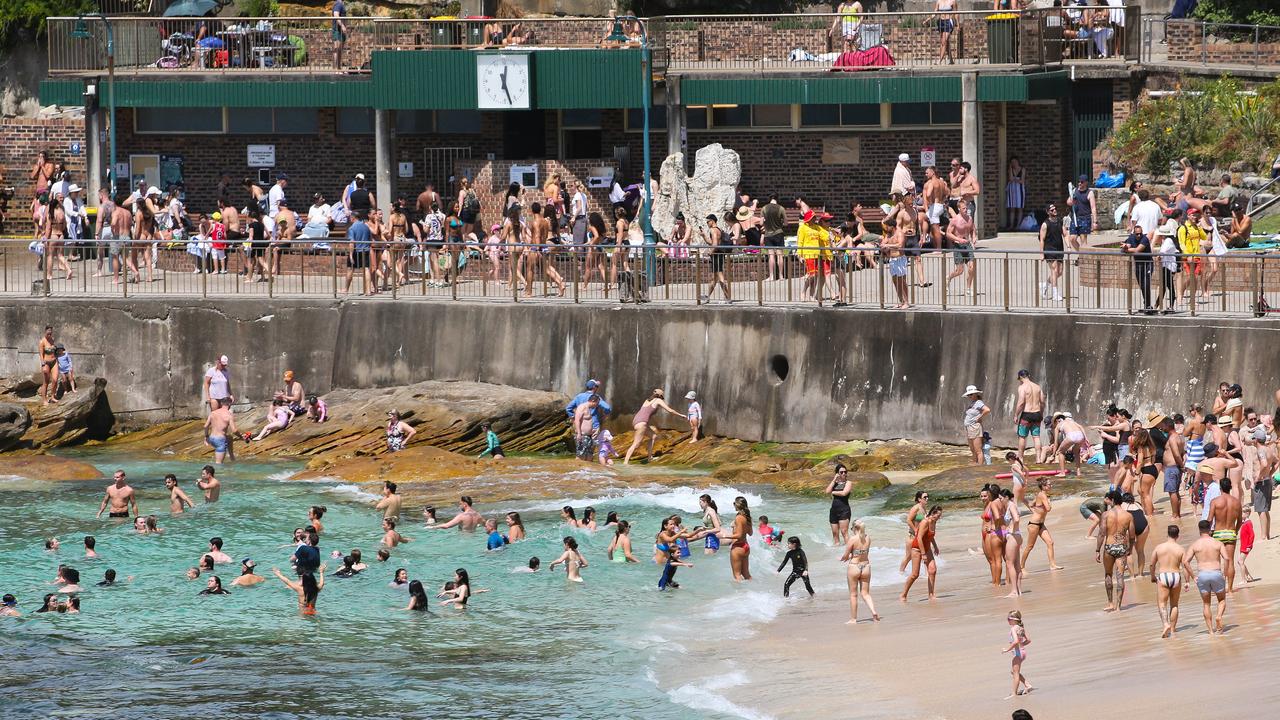The truth behind animal tourism
FROM tight chains to the removal of claws and fangs with pliers. These are the shocking truths of what really happens to animals in tourism.

THE recent celebration of World Animal Day has brought an ongoing issue back into the spotlight — wildlife used for entertainment.
From elephant rides, to selfies with tigers and swimming with dolphins, The Huffington Post has pulled together a list of animal tourist attractions you should avoid at all costs with some advice from global advocacy group, World Animal Protection.
Neil D’Cruze, the Head of Wildlife Research and Policy at World Animal Protection has outlined his concerns with the below practices.
1. Riding elephants
The popular tourist attraction hides a disturbing practice of taking young elephants from their mothers to tame them for human interaction. Physical and psychological methods are inflicted upon these wild babies to break their spirit and it is said that this often leads to the development of post-traumatic stress disorder.

2. Walking with lions
This tourist attraction actually uses cubs not lions. This means that once the cubs grow up they are no longer deemed safe to walk with tourists meaning their future is at risk as they are too tame to survive back in the wild.

3. Taking tiger selfies
Often the claws and canines of tigers are removed to ensure they won’t hurt tourists vying for a prized tiger selfie.
4. Performing dolphins
The capturing of dolphins is so stressful that some never make it to their intended destination. Those that do are faced with a lifetime of imprisonment in chlorinated pools barely large enough for them to exercise.

5. Dancing monkeys
These monkeys are kept on tight chains to perform to unsuspecting tourists. These chains often embed into their skin and when they’re not performing they are usually kept in small cages.

6. Snake charming
Deadly cobras have their fangs removed with metal pliers and their venom ducts blocked to deter their fatal bite.

7. Holding sea turtles
Sea turtles suffer serious stress from human touch which can weaken their immune system leading to disease.

World Animal Protection encourages tourists to make animal friendly choices on holiday and curb the demand for unethical treatment of our wildlife.



